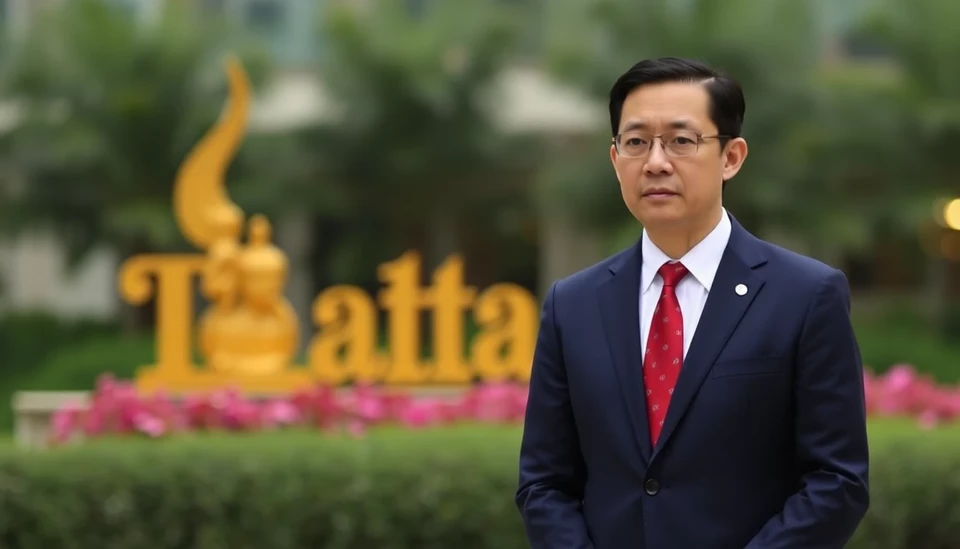
Thailand is gearing up to enhance its fiscal support initiatives as the government seeks to sustain the country’s economic momentum amid a challenging global financial environment. The decision comes at a crucial time as the nation looks to capitalize on its recovery post-pandemic, aiming to bolster both domestic consumption and investment in key sectors.
Key members of the Thai government have indicated that through a mix of increased public spending and targeted financial assistance, they hope to stimulate various aspects of the economy. With inflation pressures subsiding slightly, policymakers are presented with a golden opportunity to invest in vital areas that can drive growth.
In recent discussions surrounding the national budget, officials highlighted several strategic areas where fiscal support would be directed. Infrastructure projects, particularly in transportation and energy, are earmarked for increased funding. These projects not only promise immediate job creation but also serve as long-term investments in the nation’s economic capabilities.
Moreover, support for small and medium-sized enterprises (SMEs) is set to be a focal point of the government’s fiscal strategy. As SMEs represent a significant portion of the Thai economy, boosting their resilience through financial assistance and favorable loans will be instrumental in revitalizing economic activity. This targeted support could significantly uplift employment rates as these enterprises are pivotal in providing job opportunities.
The tourism sector, a critical component of Thailand’s economy, is also expected to benefit from increased fiscal flows. With the gradual reopening of borders and the easing of travel restrictions, the government aims to promote domestic tourism, encouraging Thais to travel within the country, thereby injecting cash into local economies.
In light of these planned fiscal measures, analysts are cautiously optimistic about Thailand's economic prospects for the coming year. Economic growth, projected to be around 3.5% in 2024, is deemed sustainable if the government effectively implements its fiscal policies. The focus on both immediate relief for struggling sectors and long-term growth strategies is seen as a balanced approach to fostering resilience against potential economic shocks.
The Thai government has also been in discussions regarding further collaboration with international financial institutions as a means to secure additional resources needed to implement its ambitious spending plans. This could potentially bring more expertise and funding to ensure that the fiscal measures adopted are both effective and efficient.
In summary, Thailand's proactive steps toward fiscal support showcase the government’s commitment to maintaining an upward economic trajectory while addressing the needs of its citizens and businesses. As the global economy remains uncertain, these measures are crucial for ensuring that Thailand not only survives but thrives in a competitive international landscape.
#ThailandEconomy #FiscalSupport #EconomicGrowth #SMEs #TourismRecovery #GovernmentSpending
Author: Rachel Greene




